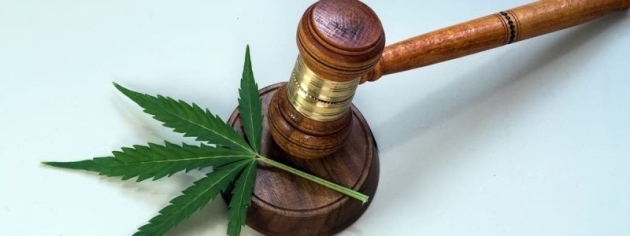Find Your State
- Alabama
- Alaska
- Arizona
- Arkansas
- California
- Colorado
- Delaware
- Florida
- Georgia
- Hawaii
- Idaho
- Illinois
- Indiana
- Iowa
- Kansas
- Kentucky
- Louisiana
- Maine
- Maryland
- Massachusetts
- Michigan
- Minnesota
- Mississippi
- Missouri
- Montana
- Nebraska
- Nevada
- New Hampshire
- New Jersey
- New Mexico
- New York
- North Carolina
- North Dakota
- Ohio
- Oklahoma
- Oregon
- Pennsylvania
- Rhode Island
- South Carolina
- South Dakota
- Tennessee
- Texas
- Utah
- Vermont
- Virginia
- Washington
- Washington, DC
- West Virginia
- Wisconsin
- Wyoming

Why Get an MMJ Card?
The benefits of having a medical marijuana card vary from state to state; however the overall benefits include:
Blog
Elevate Holistics’ blog is the one place you will need to access all the latest news and information about the world of cannabis

State Laws
You’ve got questions about medical cannabis and all of the laws associated, we’ve got answers. Here is the state breakdown.

Medical Conditions
What medical conditions qualify for an MMJ card in your state?
Find out here.
Trusted by More than 100,000+
Happy Patients and Counting
Elevate Holistics has served thousands of patients and is innovating to provide doctors and patients a better medical marijuana evaluation experience. Check out how we have helped these people:
Ready To Get Your MMJ Card?
With Elevate Holistics, medical marijuana doesn’t have to be intimidating. Our process is quick, affordable, and done entirely online. It’s never been so easy.